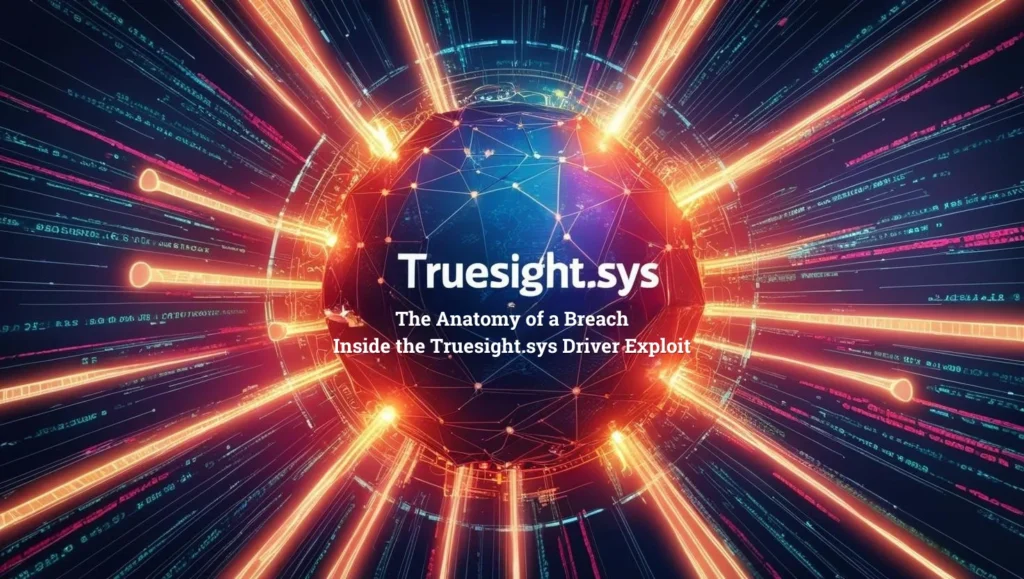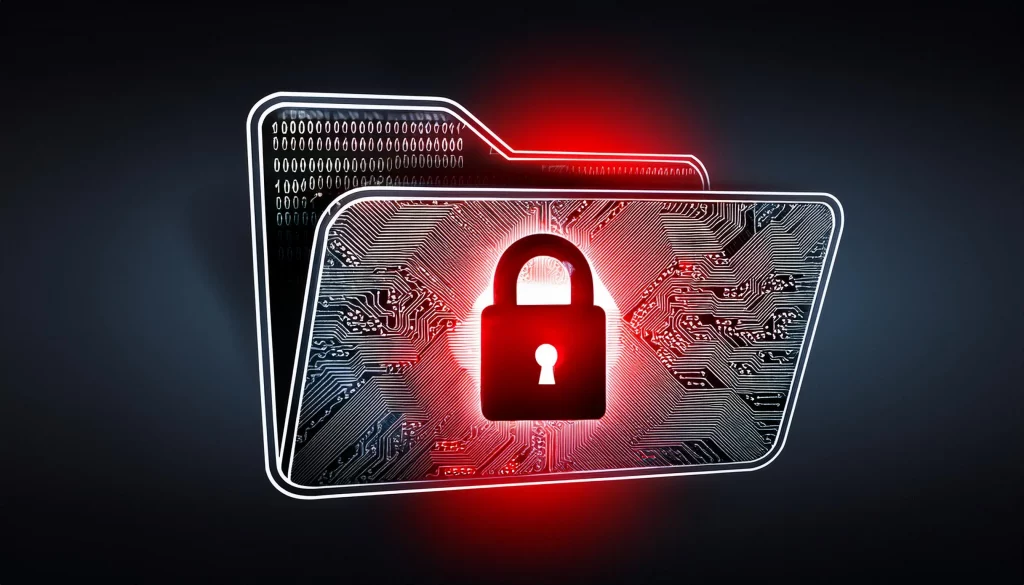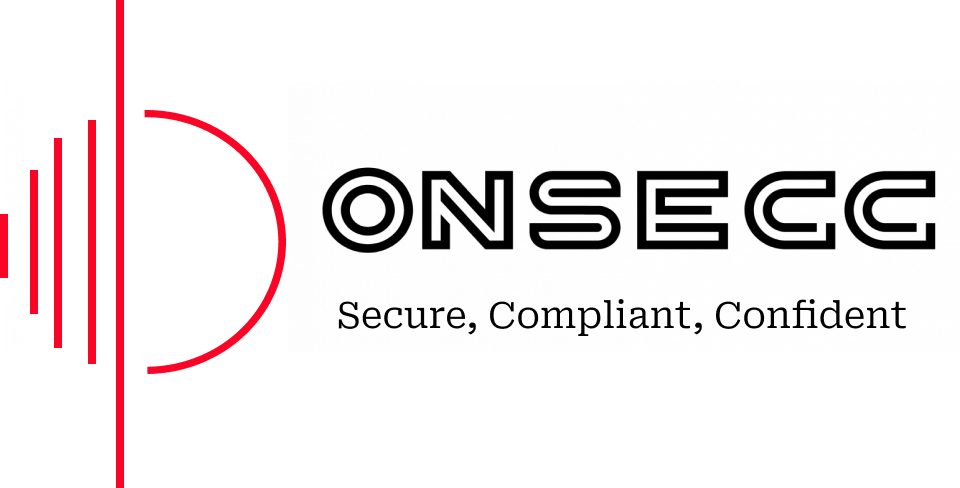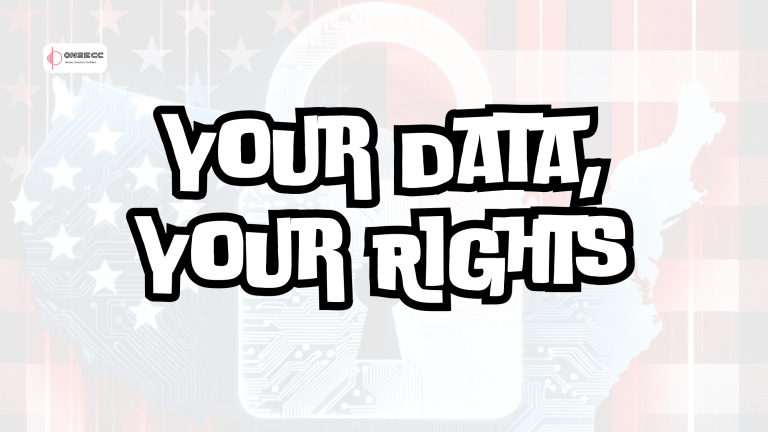Practical Insights into Implementing ISO/IEC 27001:2022
Would you wonder if Implementing ISO/IEC 27001:2022 can be a straightforward process when approached with the right understanding and tools? This Onsecc’s article provides a practical perspective on what the standard entails, focusing on real-world application within organizations.
In this Article:
ISO/IEC 27001:2022 Overview
ISO/IEC 27001:2022 is an international standard that specifies the requirements for establishing, implementing, maintaining, and continually improving an Information Security Management System (ISMS). This standard covers both cybersecurity and information security, providing a framework for organizations to manage and protect their information assets.
The standard is divided into clauses, specifically Clauses 4 to 10, which outline the mandatory requirements for organizations. These clauses must be followed regardless of the business type. Additionally, the standard includes an annexure that details 93 security controls organized into four categories: organizational, people, physical, and technological.
When navigating the complexities of ISO/IEC 27001:2022, having a reliable partner like Onsecc can make all the difference. Onsecc specializes in guiding organizations through the intricate process of implementing and maintaining an effective ISMS, ensuring that every aspect of the standard is met with precision and confidence.
Certification Types
ISO/IEC 27001:2022 offers certifications for both individuals and organizations. Organizations can obtain certification to demonstrate that they have implemented the standard’s requirements. On the individual level, certifications are available for auditors, who assess compliance, and implementers, who apply the standard within the organization.
Key Terminology
When working with ISO/IEC 27001:2022, it’s crucial to differentiate between documents, specifications, and records:
- Documents: Broad category that includes any information stored in any medium, such as policies and procedures.
- Specifications: Specific documents that lay out precise requirements, such as the minimum password length and complexity.
- Records: Evidence that specific actions have been taken, such as logs of access to data.
These distinctions are essential during audits, where records are reviewed to confirm that specifications have been met.
Implementation Steps
Implementing ISO/IEC 27001:2022 in an organization involves several key steps, beginning with obtaining management commitment. This is a critical step to ensure that the project has the necessary resources and support. The process typically starts with a project initiation phase, where a project manager is appointed, and a project charter is drafted.
This charter outlines the scope, objectives, and roles and responsibilities within the project. Management’s commitment is formalized through a signed project charter, which is essential before moving forward.
Project Management and Documentation
Effective project management is vital for successful implementation. One of the tools used is a Gantt chart, which helps track the progress of various activities, such as management awareness sessions, scope definition, and risk assessment. Each activity should be documented with start and end dates, responsible parties, and progress percentages.
For instance, defining the ISMS scope is an early task that determines the boundaries of the certification process. It’s important to understand the organization’s context, including internal and external issues, before conducting a gap assessment. The scope may vary depending on the organization’s locations and operations.
Partnering with Onsecc means you gain access to expert support at every stage of your ISO/IEC 27001:2022 journey. From initial risk assessments to developing custom security controls, Onsecc’s team of seasoned professionals is dedicated to helping you achieve certification efficiently and effectively, minimizing disruptions to your operations.
Risk Management and Control Implementation
After defining the scope, the next step is to identify risks and develop a risk management process. This involves conducting a risk assessment, creating a statement of applicability, and selecting appropriate controls. The statement of applicability lists all the controls required by the organization and identifies any that are not applicable.
Onsecc brings deep expertise in cybersecurity and compliance, making it an ideal partner for organizations striving to meet the stringent requirements of ISO/IEC 27001:2022. Our comprehensive approach ensures that your ISMS not only meets the standard but is also tailored to your specific business needs, enhancing your overall security posture.
Once the controls are selected, they must be implemented and supported by policies and procedures. Training and awareness sessions are conducted to ensure that all employees understand their roles in maintaining information security.
Internal Audit and Certification Preparation
Before seeking external certification, it’s essential to conduct an internal audit to identify and address any non-conformities. Continuous improvement should be a focus throughout the project, with regular monitoring and review of the ISMS.
Beyond achieving certification, Onsecc works with you to embed a culture of continuous improvement within your organization. We help you leverage the principles of ISO/IEC 27001:2022 to continually refine and strengthen your information security practices, keeping you ahead of emerging threats and regulatory changes.
To prepare for the certification audit, it’s beneficial to explain the entire process to the client, including each step from initiation to certification. This transparency builds trust and ensures that the client is well-informed about what to expect.
Conclusion
Implementing ISO/IEC 27001:2022 is a structured process that requires careful planning, documentation, and management support. By following the steps outlined above, organizations can effectively build and maintain an ISMS that meets international standards and enhances their information security practices. Choosing Onsecc as your ISO/IEC 27001:2022 partner means placing your trust in a company committed to excellence. With a track record of success across various industries, Onsecc stands by your side, providing the tools, knowledge, and support needed to not only achieve compliance but to sustain it over the long term.
Contact info
- 3rd Floor, 86-90 Paul Street, London, EC2A 4NE, UK
- +44-2034880245
- hello@onsecc.com
Share Blog On
Recent Posts:
-
 Cyber Insurance for Small Businesses: What You Don't Know Could Cost You Everything
Cyber Insurance for Small Businesses: What You Don't Know Could Cost You Everything -
 Meet AkiraBot: The AI Spam Demon Haunting 420,000 Websites (and Counting)
Meet AkiraBot: The AI Spam Demon Haunting 420,000 Websites (and Counting) -
 2,500 Faces of Deceit: The Proliferation of Malicious Truesight.sys Variants
2,500 Faces of Deceit: The Proliferation of Malicious Truesight.sys Variants -
 Zero-Day Vulnerabilities: The Invisible Threat Redefining Cybersecurity
Zero-Day Vulnerabilities: The Invisible Threat Redefining Cybersecurity -
 The Middle East’s Cybersecurity Gap: Building Defenses for a Digital Future
The Middle East’s Cybersecurity Gap: Building Defenses for a Digital Future -
 The Cost of Non-Compliance: What the TfL Cyber Attack Teaches Us
The Cost of Non-Compliance: What the TfL Cyber Attack Teaches Us -
 GDPR in the United States: A Do or Die Situation for Businesses
GDPR in the United States: A Do or Die Situation for Businesses -
 Is Your Business PCI Compliance Certified? Don’t Risk It!
Is Your Business PCI Compliance Certified? Don’t Risk It!
FAQs
ISO/IEC 27001:2022 is an international standard for establishing, implementing, maintaining, and continuously improving an Information Security Management System (ISMS). It provides a systematic approach to managing sensitive company information, ensuring its confidentiality, integrity, and availability.
Adopting ISO/IEC 27001:2022 helps your organization protect critical information, meet regulatory requirements, build trust with customers, and improve overall information security management. It also provides a competitive edge by demonstrating your commitment to information security.
The time required to implement ISO/IEC 27001:2022 varies based on the organization’s size, complexity, and existing security measures. On average, it can take between 6 to 12 months to achieve certification.
The key components include defining the ISMS scope, conducting a risk assessment, implementing necessary security controls, conducting internal audits, and preparing for external certification. The standard also emphasizes management commitment and continuous improvement.
Yes, ISO/IEC 27001:2022 is applicable across all industries. Any organization that handles sensitive information, regardless of its size or sector, can benefit from implementing and certifying against this standard.





